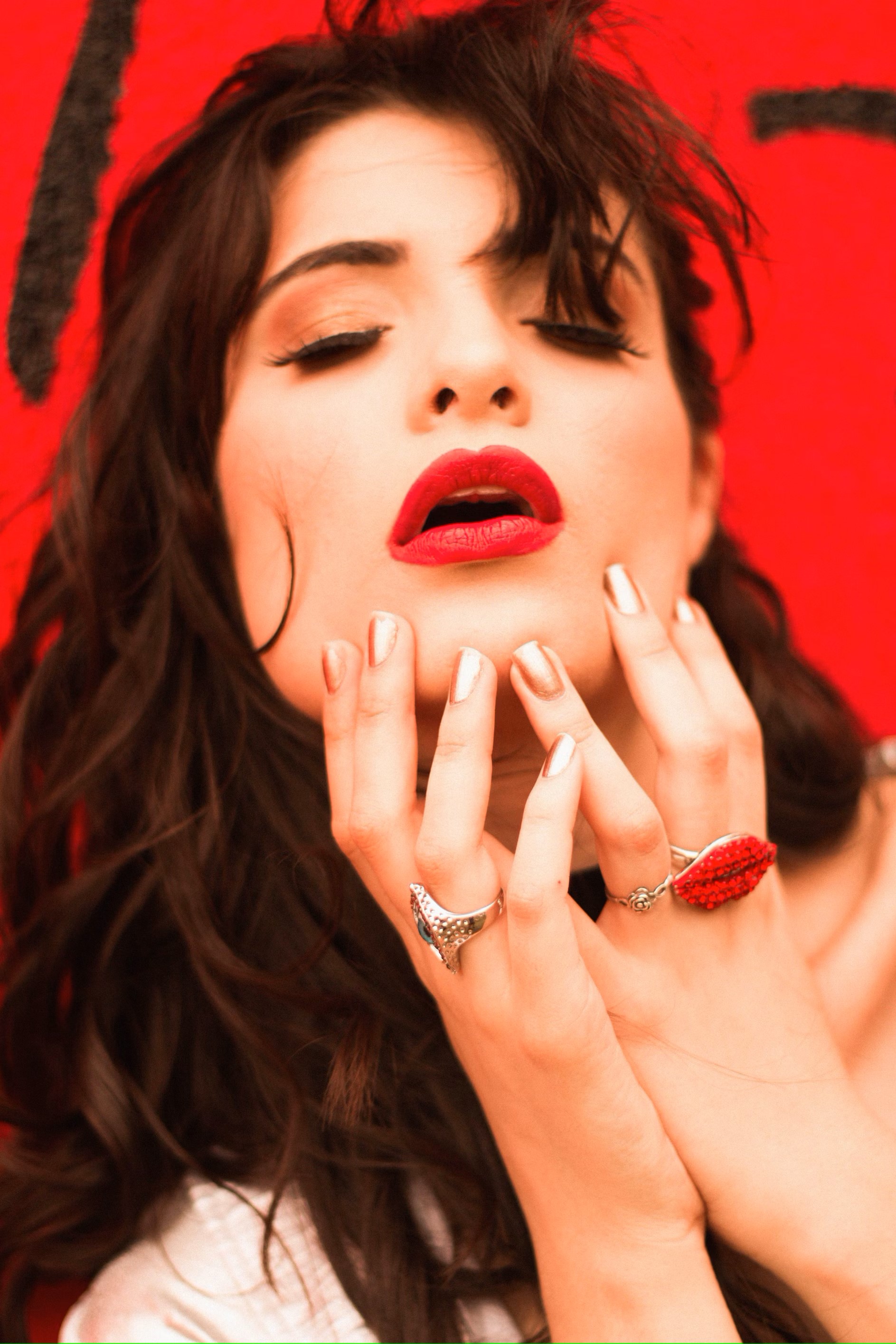
Beyond Clothes: How Societal Norms Shape Women’s Appearance in India
In our previous blog, we explored how the idea of being a "good girl" influences Indian women’s clothing choices, shaping their self-expression and identity.
Building on that, let’s dive deeper into how societal norms extend beyond clothes—encompassing tattoos, piercings, coloured hair, and overall style. These unwritten rules create a complex web of taboos and expectations, affecting how women navigate their appearance.
The Invisible Boundaries on Appearance
Ever feel like you can’t fully express yourself through your appearance because of what others might think? In India, these norms go far beyond garments. They reach into:
-
Tattoos
-
Piercings beyond traditional ones
-
Coloured hair
-
Style choices
These norms shape how women are perceived and treated, often discouraging bold or unconventional expressions.
A Mark of Rebellion?
In many Indian families, tattoos are still met with suspicion and disapproval. They’re seen as acts of rebellion rather than personal expression.
Have you ever hesitated to get a tattoo because you feared your family’s or colleagues’ reactions? You’re not alone. Tattoos can clash with the "good girl" image many are expected to uphold.
Beyond Ears and Noses: Piercings and Judgments
Ear and nose piercings are widely accepted, but other piercings—like cartilage or belly button rings—can raise eyebrows.
Take Anisha*, a 24-year-old student from Bangalore, who got a septum piercing.
"It felt liberating, like a statement of my individuality," she shared. But soon, the piercing became gossip fodder, showing how narrow the space for women’s appearance can be.
Coloured Hair: A Bold Statement
Vibrant hair colours are often seen as unprofessional or attention-seeking in traditional Indian settings.
Have you admired brightly coloured hair but hesitated to try it yourself? Cultural expectations often favour natural hair, limiting self-expression.
Style Within Limits
Indian culture boasts a rich variety of clothing styles, yet pressure remains to stick to what’s deemed “appropriate.” Even western clothes, bodycon dresses, or simple T-shirts can attract criticism.
How often do you choose your outfit based on cultural acceptance rather than your true preference?
Internalizing Societal Views
These norms don’t just influence how women dress—they shape how they see themselves and believe others see them. Over time, many internalize these expectations, leading to self-doubt and conformity.
Have you ever second-guessed your appearance because of these ingrained messages?
Embracing Authenticity: Breaking the Mold
So, where do we go from here? How do we challenge these norms and embrace our authentic selves?
It begins with questioning the taboos that limit us:
-
Ask yourself: Why do I hesitate to get a tattoo, piercing, or colour my hair? Is it societal judgment or my own preference?
-
Reflect: When was the last time you wore something purely because it made you happy, regardless of others’ opinions?
-
Engage: Talk with other women about their experiences. Sharing stories can be powerful and help break down barriers.
At iDare, we believe in challenging societal norms and embracing individuality. It’s time to redefine what it means to be "good"—not by society’s standards but by our own.
Let’s support each other on this journey towards authenticity and self-expression.
We want to hear from you!
Have you faced struggles with societal expectations? How have you navigated them? Share your stories with us; together, we can create a more inclusive and understanding world.
If you or someone you know is going through difficulties and needs support, consider reaching out to our ‘Support’ and ‘Engage’ verticals for affordable, inclusive help.
Like our content? Please show some love by sharing and up-voting!
Image Credits: Unsplash
